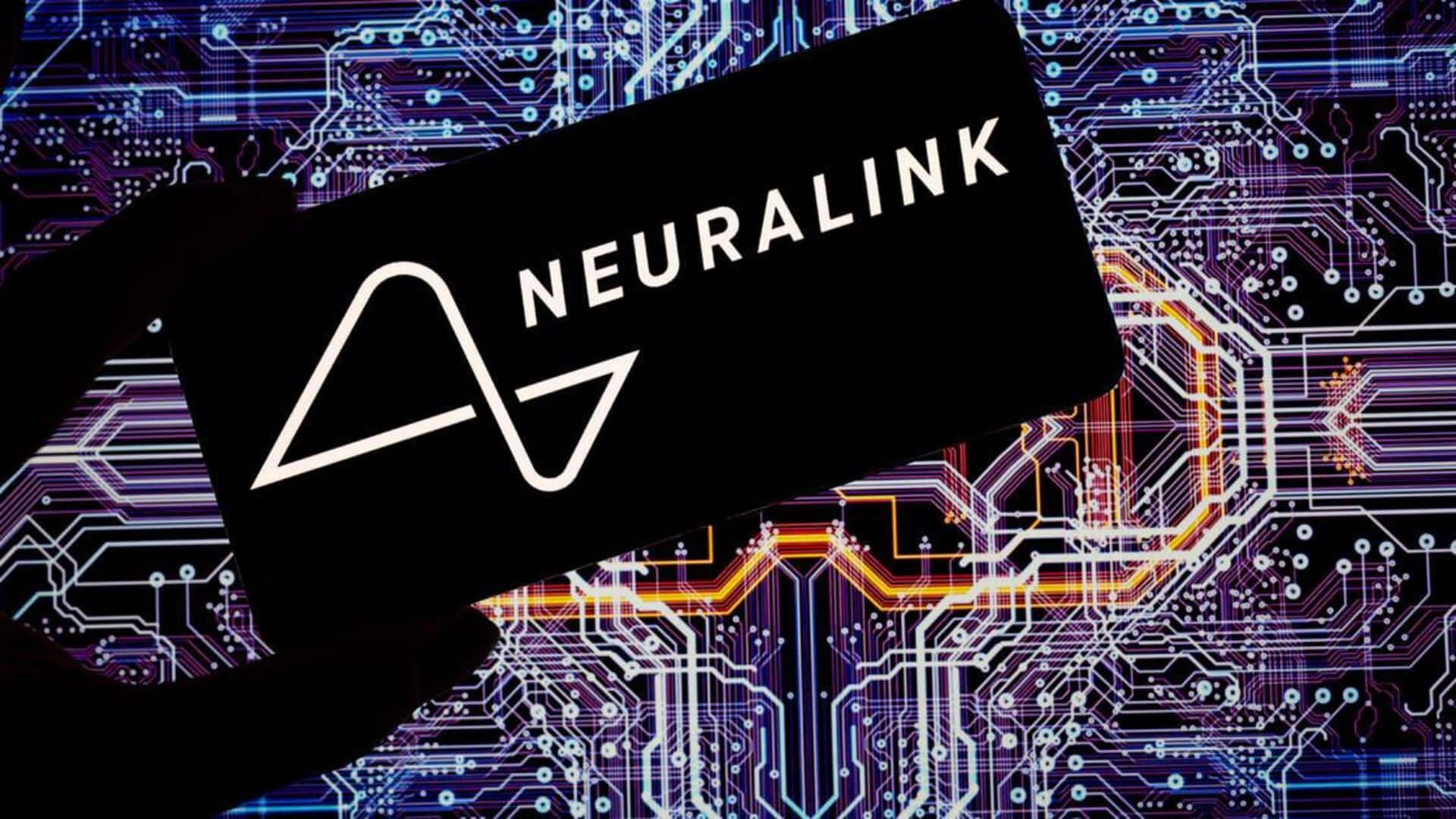
Neuralink successfully implants brain chip in second patient
What's the story
Neuralink, the brainchild of tech mogul Elon Musk, has achieved another milestone by successfully implanting its innovative brain chip in a second patient. The first recipient of this groundbreaking technology was able to perform tasks such as playing video games and browsing the internet using only their thoughts. Musk shared these developments during an extensive podcast discussion with Lex Fridman.
Patient profile
Second patient's condition and implant performance
The second patient, who suffered a spinal cord injury similar to the first one, has had 400 electrodes of the Neuralink implant successfully functioning in their brain. Musk expressed his satisfaction with this procedure stating, "I don't want to jinx it but it seems to have gone extremely well with the second implant. There's a lot of signal, a lot of electrodes. It's working very well." However, he did not reveal when this operation took place.
Upcoming trials
Neuralink's future plans and first patient's experience
Musk also disclosed plans for eight more patients to receive the Neuralink implants this year as part of ongoing clinical trials. The first recipient, Noland Arbaugh, shared his transformative experience post-implantation during the same podcast. Prior to receiving his implant in January, Arbaugh used a stick in his mouth to operate a tablet device. Now, he can control what happens on his computer screen by merely thinking about it.
Post-implantation progress
Overcoming challenges and enhancing independence
Arbaugh faced initial challenges post-surgery when tiny wires of his implant retracted, causing a significant reduction in electrodes measuring brain signals. Neuralink addressed this issue, known from its animal trials, by tweaking its algorithm to be more sensitive. Despite these hurdles, Arbaugh has set a new personal best for controlling a cursor with thoughts alone "with only roughly 10, 15% of the electrodes working," as per Musk.